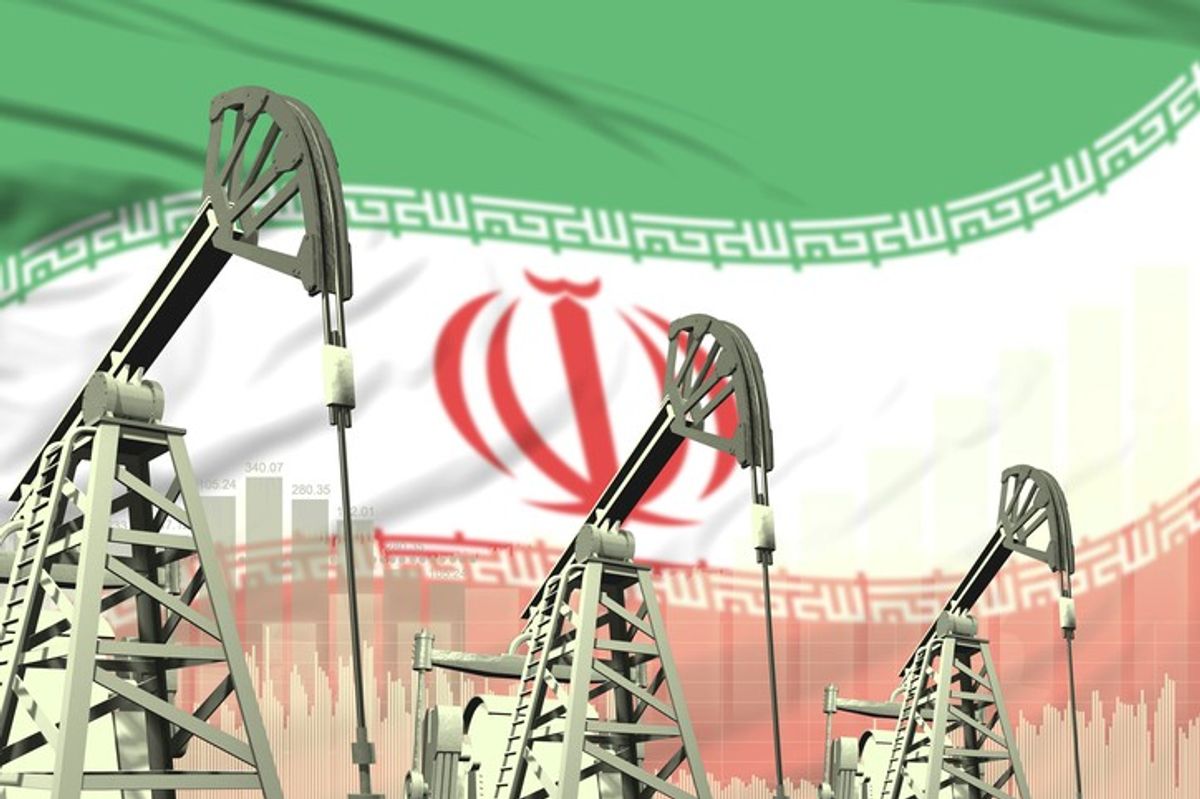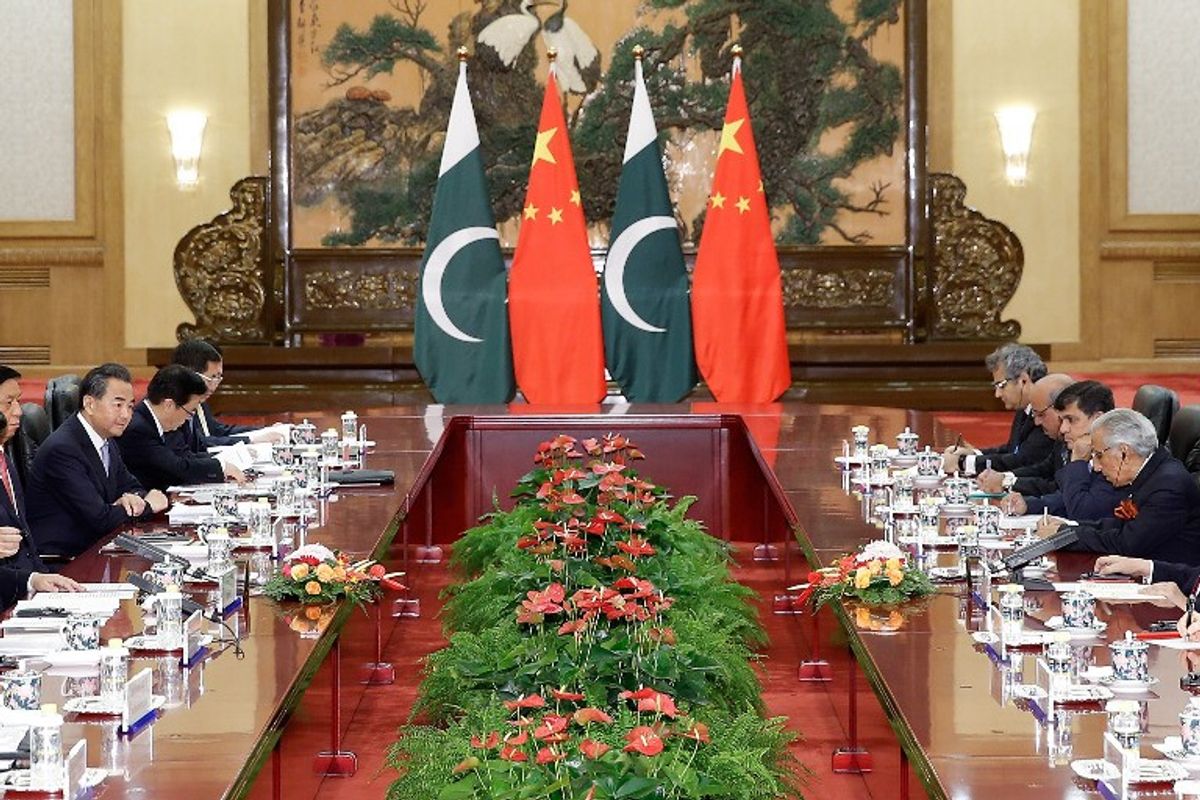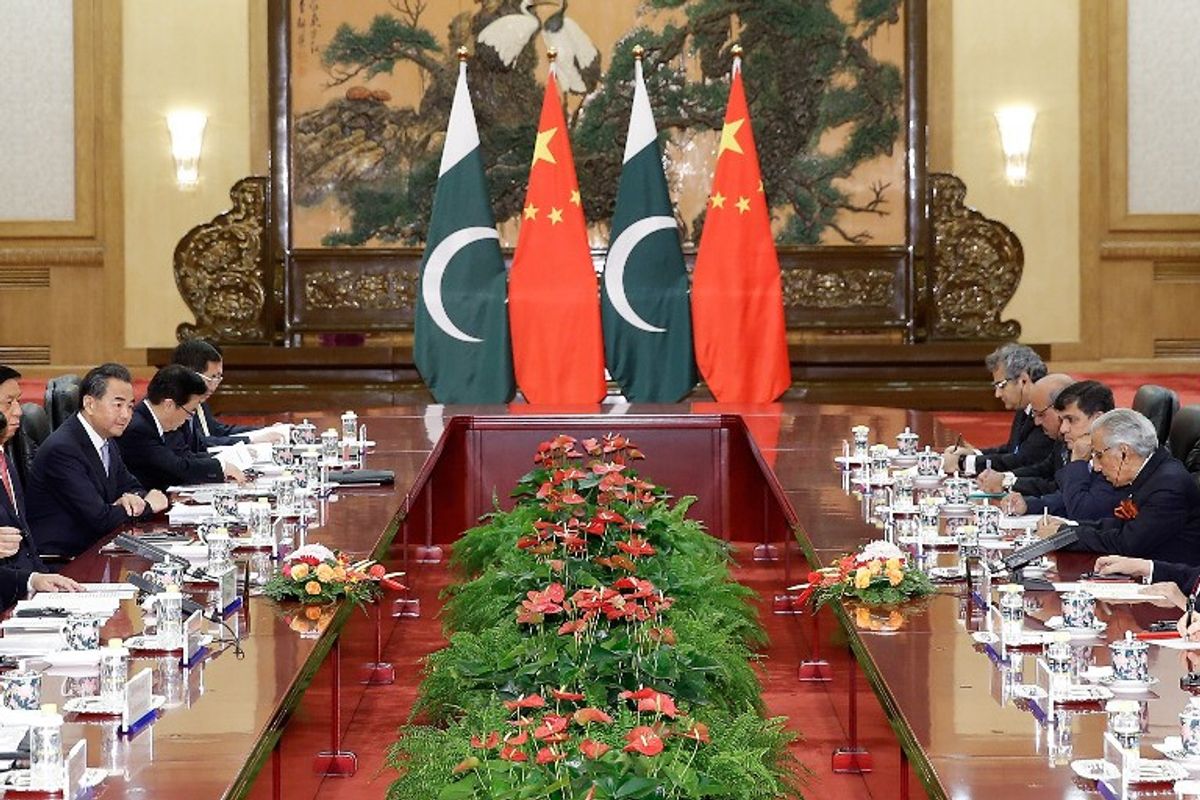At his final United Nations address on Tuesday, U.S. President Barack Obama focused much of his time on what he called “the paradox that defines our world today.” By almost every objective measure, this is the best time in human history be alive. People are richer, safer, healthier, and enjoy more individual freedoms than ever before. “Yet,” the President noted, “our societies are filled with uncertainty, and unease, and strife.”
The reasons for this disconnect are varied, but to many, the steadily rising rate of global wealth and income inequality is the main culprit. From the revolts of the “Arab Spring” in 2011 to the sudden rise of populist political movements in the United States and Europe, wealth and income inequality is seen as a political tinderbox, generating angst and instability wherever it manifests. However, concrete evidence for such a link has been difficult to produce.
In a world of ‘uncertainty, unease, and strife,’ what role does economic inequality really play?
By the numbers alone, wealth and income inequality is striking. According to a 2015 study by Credit Suisse, global wealth inequality – loosely defined as the distribution of total assets amongst the population – has been rising steadily since 2008. In that study, they found that nearly half of all world wealth is held by the top one percent. Similarly, a report published by Oxfam in January of this year found that the world’s 62 richest billionaires control the same amount of wealth as the poorest half of the world’s population. These trends are matched or outstripped by income inequality, and they seem to be occurring across both developing and developed economies.
The stark nature of this growing divide has encouraged economists like Thomas Piketty to question the trajectory of globalization and even capitalism itself. In 2013, his book Capitalism in the 21st Century made waves with its primary finding that returns on accumulated wealth have begun to rise faster than economic growth over the past half century. Generally, faster economic growth dilutes the importance of wealth in a society, and in Piketty’s opinion, that growth is one of the only natural checks on unequal wealth accumulation. Without growth or some kind of global wealth tax, Piketty believes that rising inequality will inevitably lead to increased political and economic instability across the world.
However, according to Vladimir Gimpelson, Director of the Center for Labour Market Studies at the Higher School of Economics in Moscow and Cipher Brief expert, this link between economic inequality and instability is “not so linear. The traditional point of view is that inequality translates directly into instability… but the evidence doesn’t support that.” Partially, this is because inequality can be difficult to accurately measure. However, even when using reliable statistics, the deeper problem is that perceptions of inequality are vastly different from the measured reality.
In other words, the inequality that ordinary people feel and experience appears to have very little correlation to actual measured inequality in their country. This is, in Gimpelson’s mind, “a more or less universal phenomenon,” which occurs in both rich and poor countries, and can lead to somewhat perverse results. For instance, the United States is one of the most unequal countries in the world statistically. In a 2015 estimation of the Gini Coefficient – a standardized measure of inequality – by Allianz, the U.S. ranked number one as the most unequal country in the world. However, according to Daniel Treisman, Professor of Political Science at UCLA and Cipher Brief expert, Americans have traditionally “tended to think that there is less inequality and more upward mobility in the U.S. than there actually is.” On the opposite side of this phenomenon, France, which enjoys a relatively low inequality ranking, tends to perceive income and wealth inequality as much higher than the rankings would suggest.
This is not to say that inequality bears no connection to instability, but it does suggest that inequality only becomes truly volatile once it is widely perceived to exist. Such perceptions are not necessarily driven by facts about wealth accumulation or income distribution. Instead, they may be more affected by factors like mass media, the relative wealth of a person’s social group, or the visibility of extreme wealth in society. However, perceptions may also be driven by other indicators of real inequality, which are difficult for economic research to accurately portray for some reason. One example of this is Egypt, where, despite strong macroeconomic indicators and nominally declining inequality statistics under President Hosni Mubarak, ordinary Egyptians clearly felt a level of economic inequality that would prove to be one of the main drivers of the Revolution in 2011.
At the end of the day, these subjective measure of inequality do seem to have a clear effect on political and economic instability within countries and across regions, but the factors that drive such perceptions will be more difficult to identify than pure wealth or income disparity itself. What is clear is that, as Treisman notes, general “dissatisfaction with high levels of inequality has been unusually high” over the last decade. As the perception of global inequality rises, instability seems likely to follow. The question remains how to identify where and what form that instability will take, and what to do to address its underlying cause.
Fritz Lodge is an international producer at The Cipher Brief.













